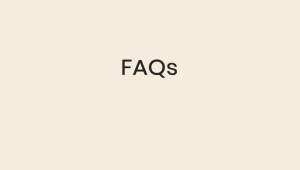The permissibility of forex trading in Islam is a topic of debate among scholars, and the answer isn’t straightforward because it largely depends on the manner in which trading is conducted.
Forex trading, at its core, involves the exchange of currencies, which is permissible in Islam. However, when the trading practices include elements forbidden by Islamic law, it becomes problematic. The key issues that can render forex trading haram (forbidden) include:
1. Riba (Usury): This refers to the interest that is charged when a position is held open overnight. In Islamic finance, any form of interest is strictly prohibited. To address this, some brokers offer “Islamic” or “swap-free” accounts that do not incur overnight interest, thus aiming to be compliant with Shariah law.
2. Gharar (Uncertainty): Excessive risk and uncertainty in financial transactions are also considered haram. Forex markets are volatile and unpredictable, and some scholars argue that this uncertainty equates forex trading with gambling, which is not permissible in Islam.
3. Immediate Exchange: Islamic law requires that the exchange of currencies be done on the spot, meaning the transaction should be completed without any delay. This is sometimes not the case with forex trading, where trades can be leveraged and positions held over a period, without the actual delivery of the currency.
4. Speculation vs. Investment: There’s a difference between speculative trading, which is akin to gambling, and informed trading based on market analysis. If the trading is speculative, it’s considered haram, but if it’s based on analysis and does not involve excessive risk, it can be considered halal.
The Islamic Fiqh Council has issued statements indicating that many forms of forex trading are not permissible due to these concerns. Some traders and scholars seek ways to participate in forex markets that align with Islamic principles, such as using Islamic trading accounts that are designed to avoid haram elements like riba and gharar.
Islamic forex accounts, or swap-free accounts, are considered halal as they are structured to avoid these problematic elements, provided they adhere strictly to Shariah law. They eliminate interest charges and ensure immediate transaction settlements without delays.
Ultimately, whether forex trading is halal or haram can vary based on the individual’s approach to trading, the type of account they use, and the interpretation of Shariah law they follow. Muslim traders looking to engage in forex trading should seek accounts that are compliant with Islamic finance principles and are mindful of the ethical and religious considerations involved. It’s also advisable to consult with a knowledgeable Islamic finance scholar to get personalized advice.
